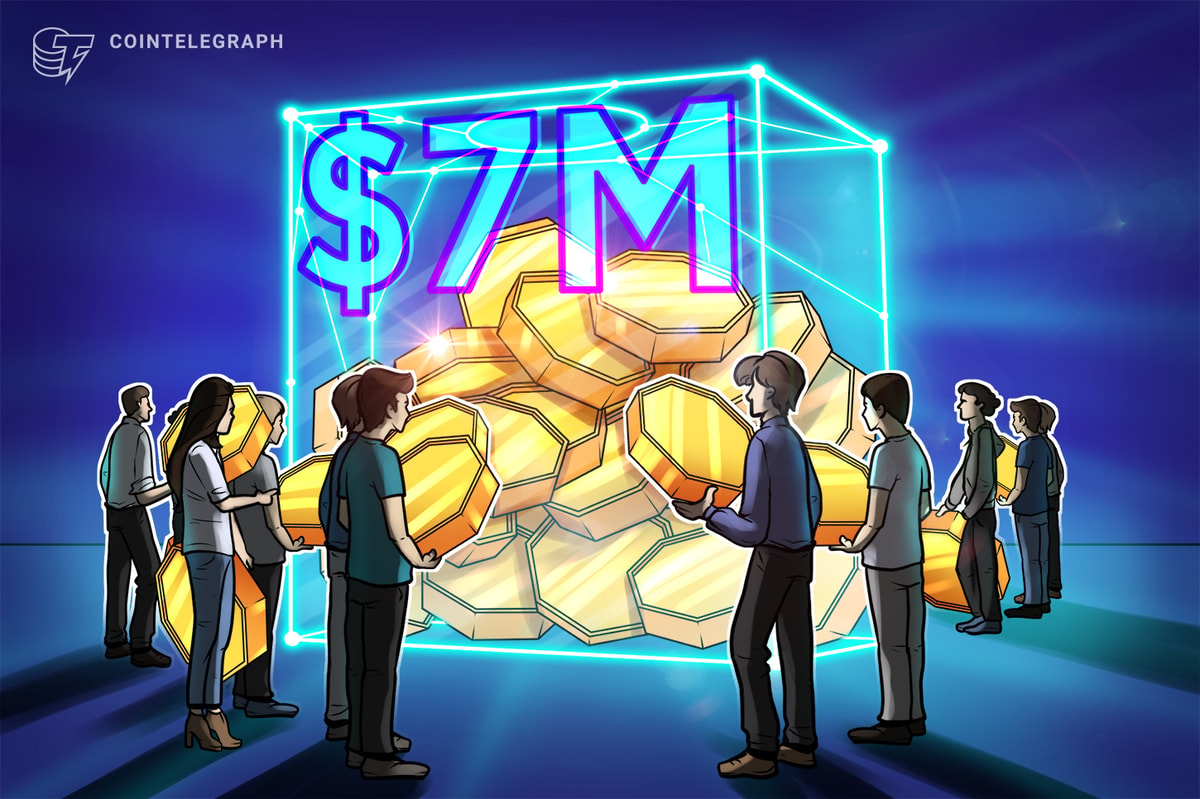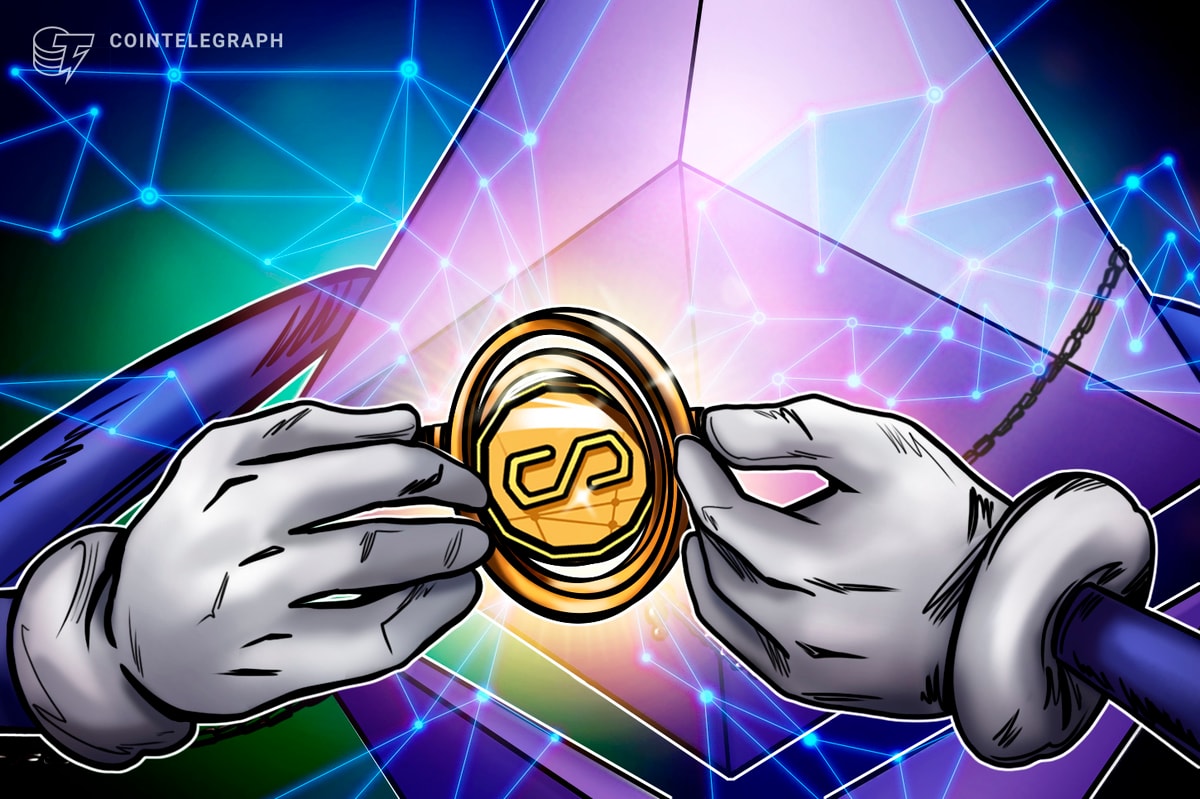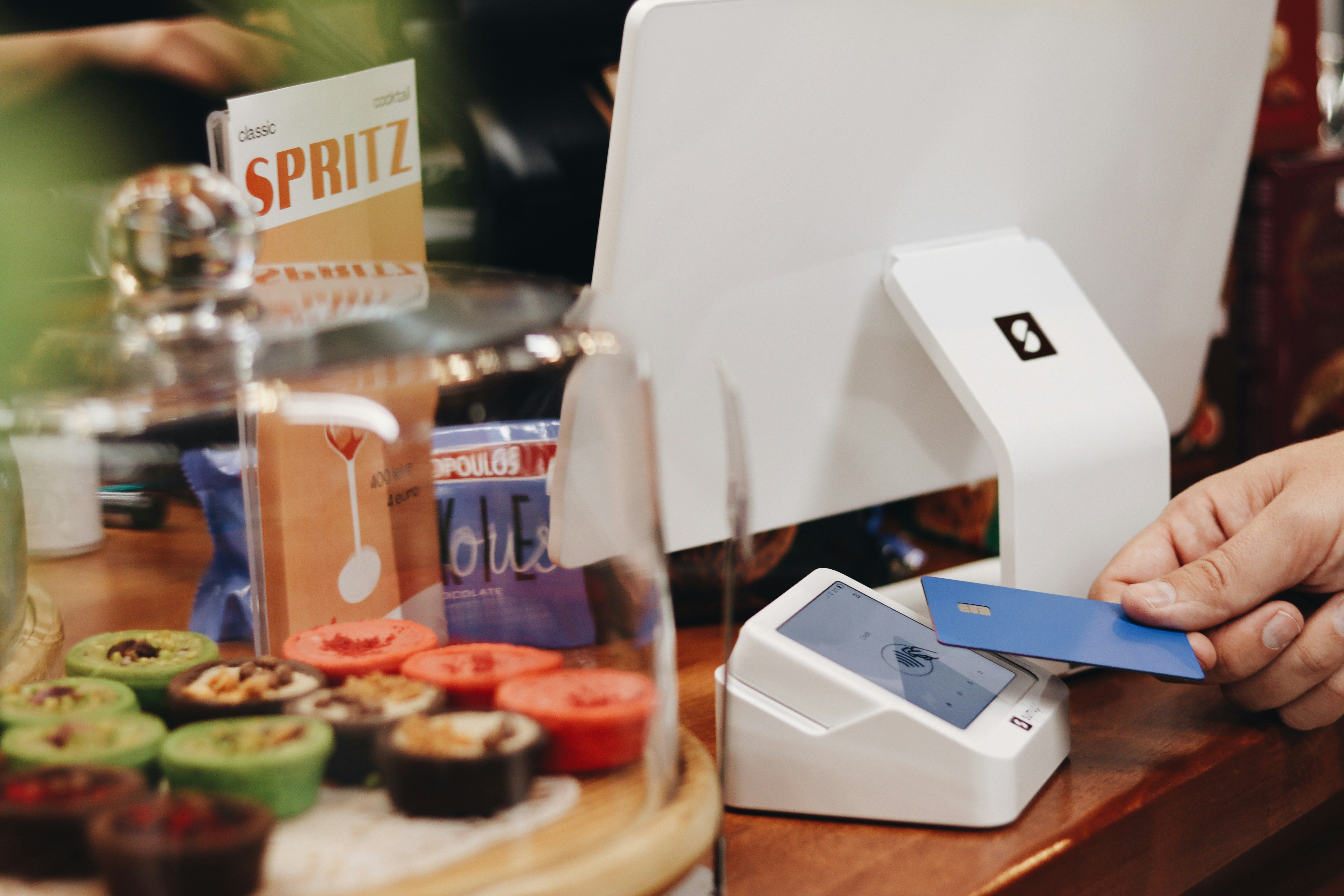Investment research firm Hindenburg Research said on March 23 that Jack Dorsey’s Block (formerly Square) payment tool “Cash App” was being abused by criminals. The company released a lengthy report saying it wasn’t taking enough precautions.
Hindenburg is still a new research firm, but it has garnered widespread credibility by exposing frauds such as that of high-profile electric-vehicle maker Nikola. Market players currently consider Brock’s rebuttal to the report unconvincing.
The report’s findings are serious for the block and fintech industries, and should also be noted by the cryptocurrency industry. Cash App is an important means of purchasing Bitcoin (BTC) and could have a direct impact.
But on a deeper level, the (unsurprising) finding that Cash App was being used as a vehicle for illegal transactions and identity fraud helps put some of the criticisms that have been made against cryptocurrency in a more nuanced way.
It’s not just about crypto assets
At the most superficial level, it is a powerful but not very high degree of “whataboutism.”
So, is Senator Elizabeth Warren, who is trying to rally an anti-crypto legion, just as worried about fraud and crime using traditional financial services?
Credit Suisse was in trouble not only because of its risk-loving management, but also because it facilitated “torture, drug trafficking, money laundering, corruption and other serious crimes.”
It would be fun to make such a point. But the whatabout argument is just a childish critique for crypto supporters. Just because there is illegal activity in other areas doesn’t mean you can do it yourself.
Like the pervasive corruption of big banks, the allegations surrounding blocs should prompt a deeper consideration of the relationship between money, control, and profit. Crypto-assets should be able to solve that dilemma.
Interest and serious responsibility
Cash App assumes a significant responsibility to police its customers in exchange for profiting from payment processing.
Hindenburg’s point makes us keenly aware of the deep conflict inherent in this power relationship. Whether intentional or not, the use of Cash App for illegal transactions has benefited Block.
To be lenient, even the most virtuous payment companies will not be able to block all criminal activity. With millions of customers, criminals always find a way around the control system.
To fend off criticism from Hindenburg, Brock argued that only 3% of activity on Cash App is by unauthenticated users, meaning users whose real-world identities are unclear.
While not an indicator of criminal activity in the first place, this percentage is much higher than Chainalysis data, which shows less than 1% of criminal activity on public blockchains.
Blockchain strengths
Of course, neither is a good thing. But blockchain, at least, has a big edge in the policing debate.
The most important point is transparency. Most public blockchains keep a record of every transaction, and in most cases criminals can be traced.
Banks and payment companies like Cash App are relatively less transparent than blockchain. Transaction records can only be accessed by law enforcement and state-backed regulators. So the crackdown is very likely to be a game of whack-a-mole, and politics can play a role.
Crypto-assets can solve the conundrum of politicization by providing a framework that can remove both selective censorship and profit motives from the financial infrastructure.
Bitcoin miners do not have personal authority to block payments on the network. The power to control what people do with their property is still in the hands of the police.
freedom of payment
More mature societies will recognize that open access to digital payments is a right alongside “freedom of speech” in the capitalist and digital age. But that is not the case at present. These arguments only get attention if they benefit those who are already rich and powerful.
Our civilization has been centered around the idea of free speech since it came along with the printing press, and has evolved through hardships. But it almost certainly makes us stronger and happier. Over time, “freedom of payment” will prove to be just as empowering for us.
|Translation and editing: Akiko Yamaguchi, Takayuki Masuda
|Image: Tada Images / Shutterstock.com
|Original: What Hindenburg Research’s Takedown of Block Says About Money and Crime
Read More: bitcoinwarrior.net

![The whereabouts of ‘freedom of payment’ considered from the report on criminal use of Cash App[Column]| coindesk JAPAN](https://files.ourbitcoinnews.com/wp-content/uploads/2023/04/10024438/shutterstock_1929587687-300x169.jpg)







 Bitcoin
Bitcoin  Ethereum
Ethereum  Tether
Tether  XRP
XRP  Solana
Solana  USDC
USDC  Dogecoin
Dogecoin  Cardano
Cardano  TRON
TRON  Lido Staked Ether
Lido Staked Ether  Wrapped Bitcoin
Wrapped Bitcoin  Sui
Sui  Wrapped stETH
Wrapped stETH  Hyperliquid
Hyperliquid  Chainlink
Chainlink  Avalanche
Avalanche  Stellar
Stellar  Toncoin
Toncoin  LEO Token
LEO Token  Shiba Inu
Shiba Inu  Bitcoin Cash
Bitcoin Cash  Hedera
Hedera  USDS
USDS  Litecoin
Litecoin  WETH
WETH  Polkadot
Polkadot  Wrapped eETH
Wrapped eETH  Monero
Monero  Bitget Token
Bitget Token  Binance Bridged USDT (BNB Smart Chain)
Binance Bridged USDT (BNB Smart Chain)  Pepe
Pepe  Ethena USDe
Ethena USDe  Pi Network
Pi Network  Coinbase Wrapped BTC
Coinbase Wrapped BTC  WhiteBIT Coin
WhiteBIT Coin  Uniswap
Uniswap  Aave
Aave  Dai
Dai  Bittensor
Bittensor  NEAR Protocol
NEAR Protocol  Aptos
Aptos  OKB
OKB  Jito Staked SOL
Jito Staked SOL  BlackRock USD Institutional Digital Liquidity Fund
BlackRock USD Institutional Digital Liquidity Fund  Ethena Staked USDe
Ethena Staked USDe  Ondo
Ondo  Cronos
Cronos  Tokenize Xchange
Tokenize Xchange  Internet Computer
Internet Computer